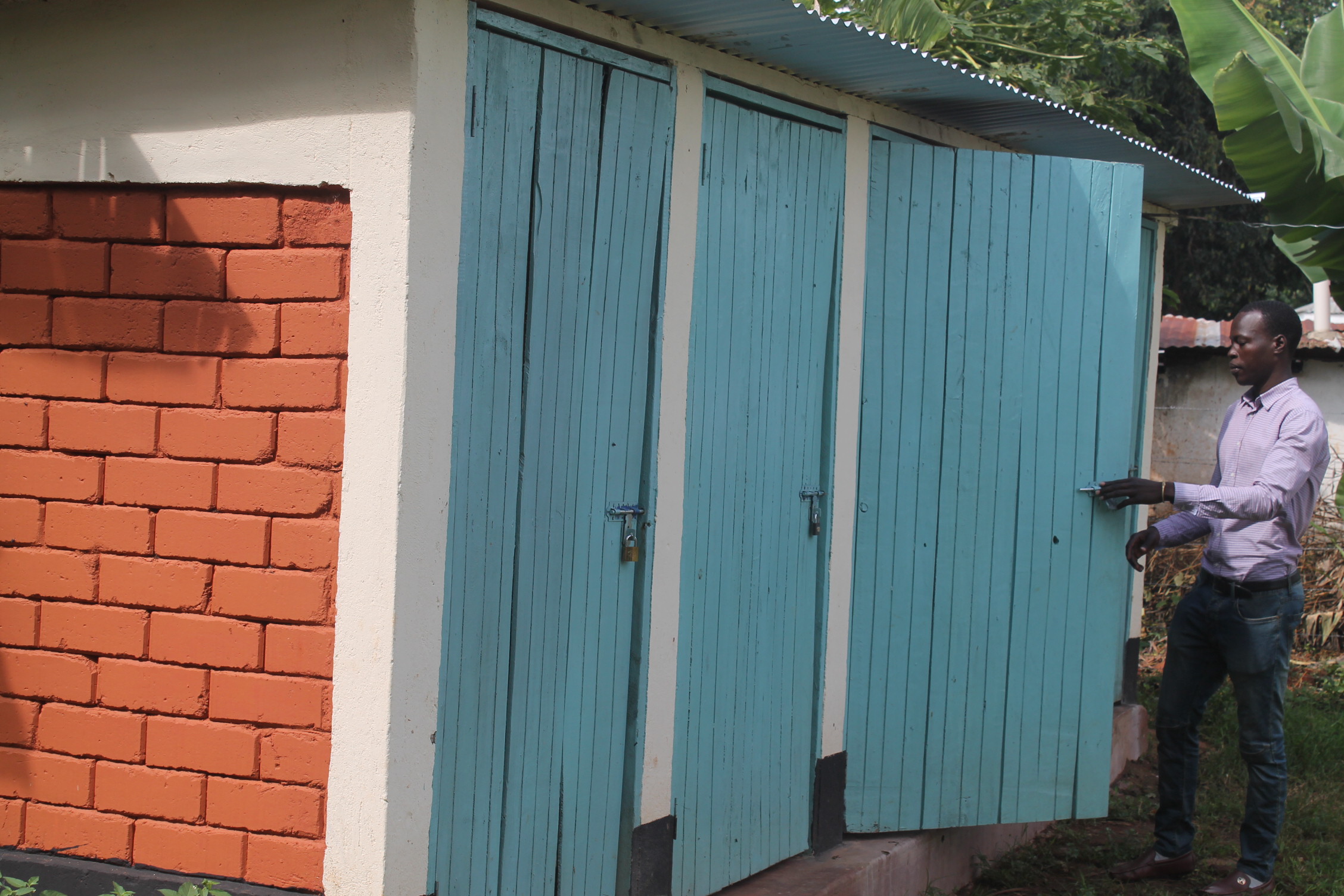
Mention of County 040 conjures up sorry images of children paralyzed by botched malaria jabs three years ago, an embattled governor with the odd distinction as the first to be prosecuted for abuse of office in the devolution era and a terribly neglected Busia town where nothing discernible seems to work.
But on the flipside, Busia County curiously leads the park of Kenya’s 47 devolved units on matters sanitation for its 800,000 population, majority of them living in the rural areas where decent toilets have stolen the show. They are the rule other than exception.